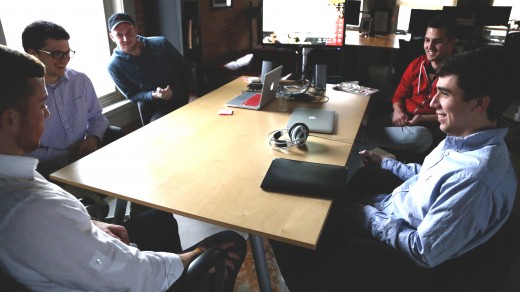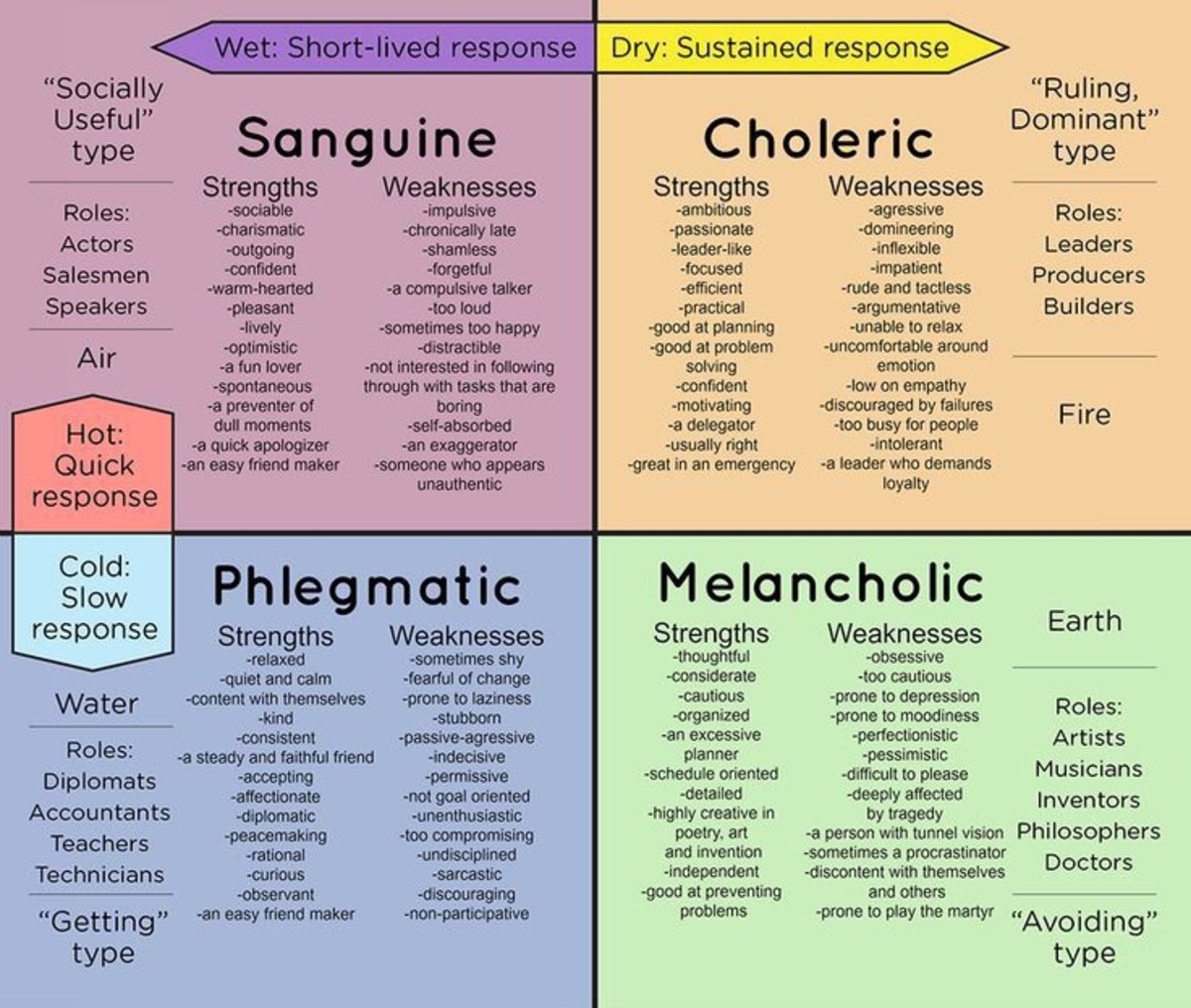Four Ways to Kick Start Your Career Without Losing Your Soul

In every profession there are those that glide seamlessly to the top and others who get stuck somewhere further down the bottom.
Some bosses are visionaries, others excellent managers with sharp minds, and still others are excellent at understanding their teams and the people around them. Some people follow in the wake of people on the way up and others use more manipulative tactics.
Those at the top tend to speak and things happen. They can be direct and focused. But you don't have to shaft everyone else on your route to the top.
Here are a few ideas for how to get ahead in your career without losing your soul.
Is it better to work on your strengths or your weaknesses?
Find Your Strengths
According to 'Now, Discover Your Strengths', a great book by Marcus Buckingham and Donald Clifton’s, the best way to get ahead in your career and be satisfied in your job is to focus on developing your strengths.
The reason? If you invest time and energy on improving your weaknesses you may manage to limit some damage, but you'll never really excel in them. Focus on developing your strengths on the other hand and you'll thrive - after all, if you find a role where you can work to your strengths, you can always delegate your weaknesses. Neuroscience teaches us that the things we're strongest at are hardwired in to our brains from an early age - no matter how hard we try to mitigate for our weaknesses, they'll never be as good as well developed strengths. Besides, you're more likely to enjoy the things you're good at!
Another reason is that if you focus on your strengths, you'll find that networking suddenly becomes a whole lot easier. When you are working on the things which you're best at, you'll find yourself becoming more passionate and more expert. Others will want to learn from your expertise and you'll be much more memorable and interesting to the people you meet.
Understand Your Myers Briggs Type - and that of your team
I first came across the Myers Briggs tool in my teens. I just thought it was a fun thing to know. However, now that I've taken the test multiple times, learnt quite a lot more about the theory and also seen how it can impact on groups in the corporate world, I've come to realise that the test is much more powerful than I thought.
You may have come across some of the 16 different types - a result of individuals either being classed as 'Introverted' or 'Extroverted (I or E), 'iNtuitive' or 'Sensing' (N or S), 'Thinking' or 'Feeling' (T or F) or 'Judging' or Perceiving' (J or P).
Essentially, everyone will have a natural preference to lean in one direction in each of these areas. When things are going well and you're feeling relaxed, this 'type' is where you'll thrive. However - if you find that type isn't working, an early sign of stress or anxiety will see you switch. For example, I'm a strong extrovert (meaning I get my energy from others) and iNtuitive (meaning I think big picture first), however if I find myself seeking time out to crunch through some detail, I take it as a sign that something isn't going quite right. Take the warning and make a change.
The other area Myers Briggs helps is when thinking about team dynamics. Ask someone who is a J (meaning they like to plan things) to hit a deadline and they might plan out their work evenly until the due date. Ask the same of a P (who prefers to flexibly ride with the flow) and you might panic that they don't seem to be doing anything. It's incredibly helpful to think through and understand the types in your team - and even to consider how people then fit in to the mould. There may be some simple things that help everyone to work better together. For example - if you're pitching to a senior manager, work out their type and present accordingly: Are they more likely to be persuaded by a big picture vision of the future, or an emotional appeal to the heart?

Embrace Being Candid
You don't want to be in an organisation where there is more frank discussion in the corridors than there is in the meeting rooms. As I've moved between jobs, I've observed that the teams that work best are the ones where the problems are welcomed and understood in the open. Where people are very willing to talk about issues over coffee, but don't bring them up in team meetings it is a sure sign that the culture isn't really open to new ideas.
So my advice is to bravely bring your criticisms to those senior enough to do something about it. Do it constructively and you'll either quickly find that the culture isn't for you, or you'll find that your support is appreciated in a world where few speak up.
The most valuable people in your life will be those who break through the culture to tell you things as they are. It's much better to find out early if things aren't going to work rather than after you've invested a whole load of energy on a potential failure. Chat to people - ask them what works well and what doesn't. Give some thought to how the issues might be solved.
You want people who bring solutions and not just problems. In my experience most people want to make things better. There'll always be some people who only ever bring problems, but if you find the majority of issues you hear are problems and people don't want to fix them, then you need to do better at encouraging candid openness.
Learn to Listen
Most people think they're good listeners. They also think that their partners aren't. We find it easy to listen to things that don't trigger us emotionally, but if something is challenging or potentially humiliating, it's much harder to listen. The brain self protects and we kid ourselves we've heard. We also all know people who like the sound of their own voice - we might even know that we do so ourselves.
Sometimes in group settings I might try say something in a pause, but at the same time as someone else starts to speak. If I let them finish, but then say exactly what I would have said if they hadn't done, it's a sure sign that I wasn't really interested in what they had to say - I was just waiting for the chance to speak.
But what can we do about it?
Practise being the bigger person - recognise that if you don't feel your message is getting through, it may be that the person you're talking to doesn't feel heard. Take a step back, pause and listen to them first.
Repeat back what the other person has said - literally saying 'what I've heard you say is...' it takes a bit of practise, but you'll find that the other person immediately perks up. When they're used to being ignored or left feeling unheard, but suddenly someone takes an interest in them, it can make all the difference.
Remind yourself to listen - and the reasons for doing so. You'll be sharper, negotiations will be easier and relationships will be better. In the long run whatever reminders work for you will be worth it.






